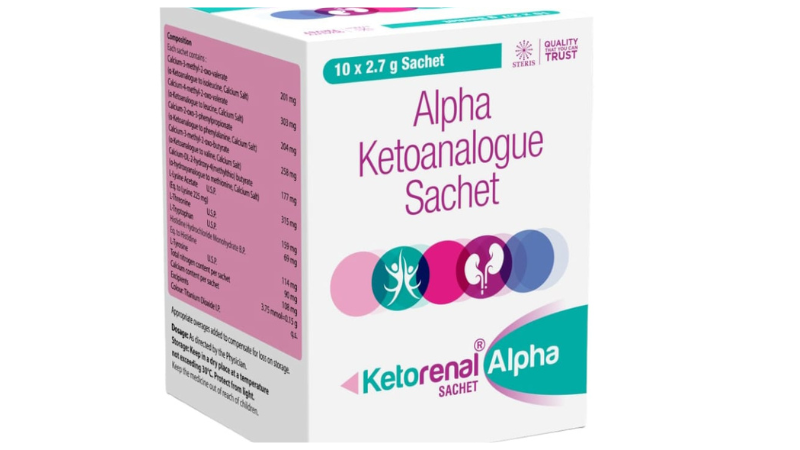Exploring KETORENAL ALPHA Tablets: A Comprehensive Review
Feb 26, 2024
Introduction
KETORENAL ALPHA tablets are a medication that has gained attention in recent years for their potential role in managing kidney health. With a combination of ketorolac and alpha-lipoic acid as its active ingredients, KETORENAL ALPHA offers a unique approach to addressing renal function. In this article, we delve into the mechanism of action, indications, dosage, side effects, and precautions associated with KETORENAL ALPHA tablets, aiming to provide a comprehensive understanding of its utility in kidney health management.
Mechanism of Action
KETORENAL ALPHA tablets combine the actions of ketorolac, a nonsteroidal anti-inflammatory drug (NSAID), with alpha-lipoic acid, a powerful antioxidant. Ketorolac works by inhibiting the synthesis of prostaglandins, thereby reducing inflammation and pain. Alpha-lipoic acid, on the other hand, exerts its effects by scavenging free radicals and regenerating other antioxidants, thus protecting cells from oxidative damage. Together, these ingredients complement each other to potentially alleviate inflammation and oxidative stress in the kidneys, promoting renal health.
Indications for Use
KETORENAL ALPHA tablets are primarily indicated for individuals at risk of or experiencing kidney dysfunction, including those with chronic kidney disease (CKD), diabetic nephropathy, or other renal conditions. Additionally, KETORENAL ALPHA may be beneficial for individuals with acute kidney injury (AKI) or those undergoing renal procedures or surgeries. By addressing inflammation and oxidative stress, KETORENAL ALPHA aims to support renal function and mitigate the progression of kidney disease.
Dosage and Administration
The dosage of KETORENAL ALPHA tablets may vary depending on the severity of kidney dysfunction and the individual patient's response to treatment. Typically, KETORENAL ALPHA is taken orally once daily, with or without food. The recommended dosage may range from 100 mg to 400 mg of ketorolac and 100 mg to 300 mg of alpha-lipoic acid per day, depending on the formulation and the specific needs of the patient. It is crucial for patients to adhere to the prescribed dosage and administration instructions to achieve optimal therapeutic outcomes.
Monitoring and Adjustments
Regular monitoring of renal function is essential to assess the effectiveness of KETORENAL ALPHA therapy and make any necessary dosage adjustments. Healthcare providers may recommend periodic assessments of kidney function, including serum creatinine levels, glomerular filtration rate (GFR), and urine protein levels. Based on these measurements and the patient's clinical response to treatment, adjustments to the dosage or addition of other renal protective strategies may be considered to optimize outcomes.
Side Effects
While KETORENAL ALPHA tablets are generally well-tolerated, they may cause certain side effects in some individuals. Common side effects associated with ketorolac include gastrointestinal discomfort, nausea, vomiting, and increased risk of bleeding. Alpha-lipoic acid may cause side effects such as gastrointestinal upset, skin rash, or allergic reactions in some individuals. These side effects are usually mild and may improve with continued use or dosage adjustments. However, more serious adverse effects, although rare, may occur, including renal impairment, liver dysfunction, or hypersensitivity reactions. Patients should report any unexpected or concerning symptoms to their healthcare provider promptly.
Precautions and Considerations
Before initiating KETORENAL ALPHA therapy, healthcare providers should assess patients for any underlying medical conditions or risk factors that may influence treatment outcomes. Patients with a history of gastrointestinal ulcers, bleeding disorders, renal impairment, or liver dysfunction may require closer monitoring while taking KETORENAL ALPHA. Additionally, KETORENAL ALPHA should be used with caution in elderly patients or those with compromised immune function. Healthcare providers should weigh the potential benefits of KETORENAL ALPHA therapy against the risk of adverse effects when prescribing this medication.
Conclusion
In conclusion, KETORENAL ALPHA tablets offer a promising approach to managing kidney health by combining the anti-inflammatory effects of ketorolac with the antioxidant properties of alpha-lipoic acid. Understanding its mechanism of action, indications, dosage, side effects, and precautions is essential for both patients and healthcare providers. By adhering to prescribed guidelines and closely monitoring renal function, KETORENAL ALPHA has the potential to support renal health and improve outcomes for individuals at risk of or experiencing kidney dysfunction.
FOR MORE FURTHER INFORMATION:
EMAIL: info@sterispharma.com / contact@sterispharma.com
CONTACT NO: 8209542042, 8955945010, 7877551268, 6377716668
WATSAPP: HARSHITA, SAKSHI, MONA, SHWETA
Recent Post

Clobetasol Propionate, Neomycin Sulphate & Miconazole Nitrate Cream

Diclofenac Gel Enhanced with Menthol and Linseed Oil for Quick Comfort`
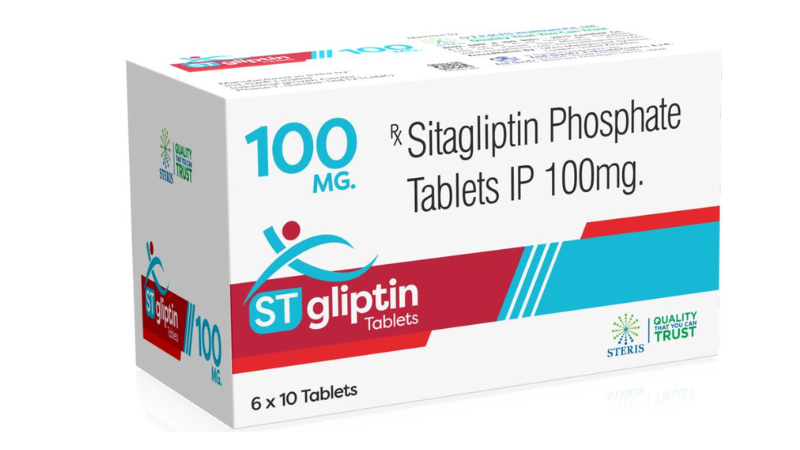
Sitagliptin 100 mg Brands in India: Gliempaflozin and ST-GLIPTIN 100 Tablet.
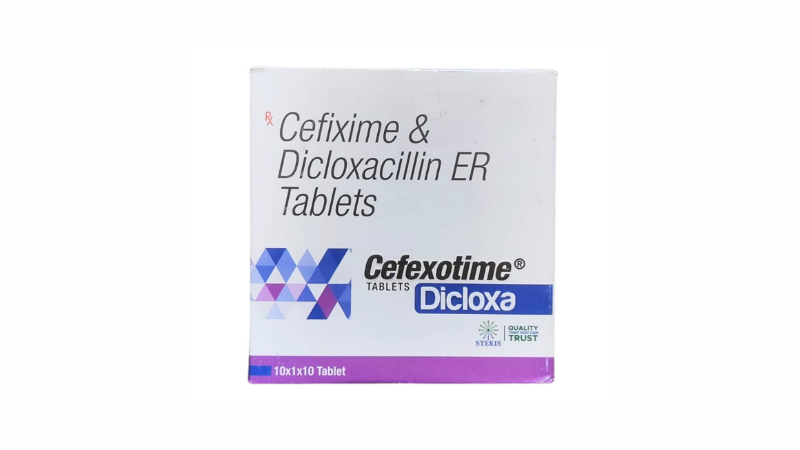
cefixime and dicloxacillin tablets – Dual Antibiotic Power for Resistant Infections

"silky moist soap ultimate hydration for soft smooth and radiant skin"
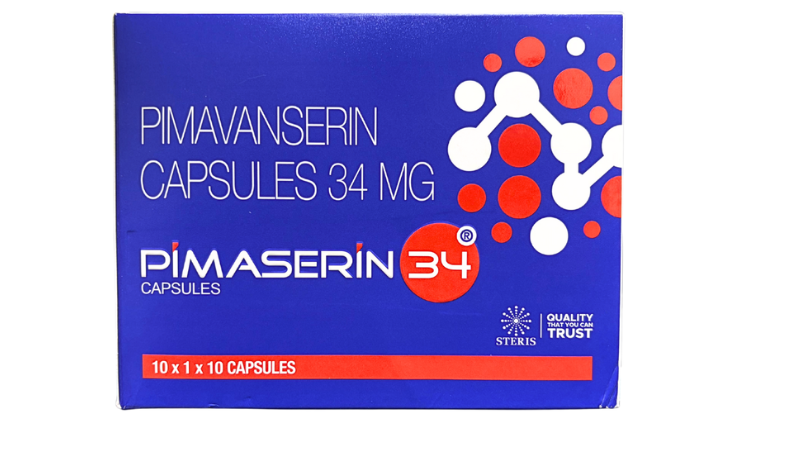
Pimavanserin 34 mg Tablet: PIMASERIN 34 Available in Steris.
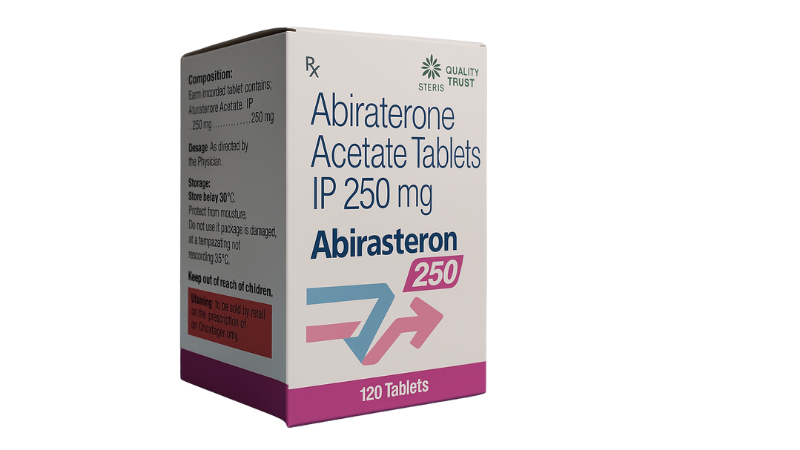
Abiraterone Acetate 250 mg Tablet: ABIRASTERON 250 From Steris Pharma.
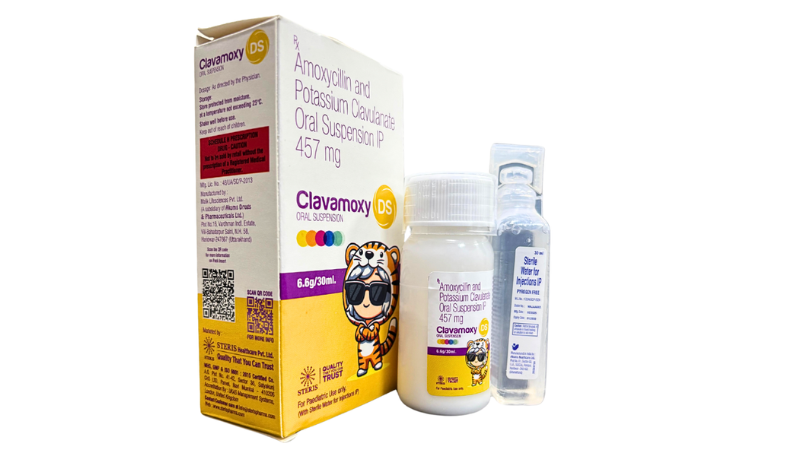
Amoxycillin 400mg and Clavulanic Acid 57mg Oral Suspension in Steris Healthcare Pvt Ltd.
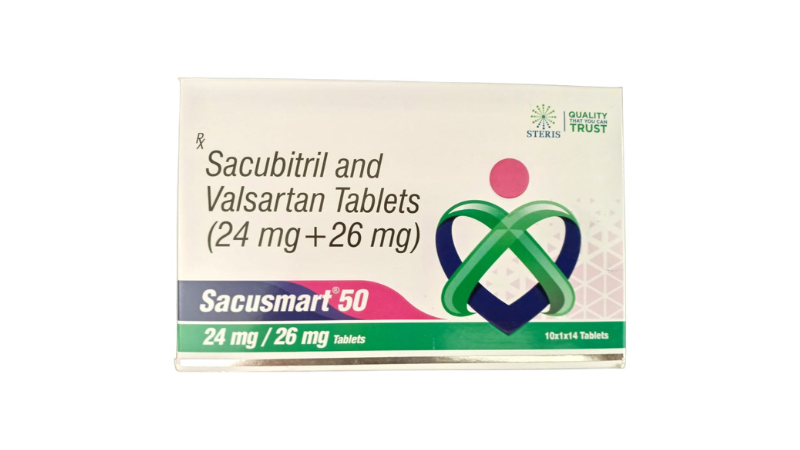
Sacubitril (24mg) and Valsartan (26mg): A Game-Changer in Heart Failure Treatment
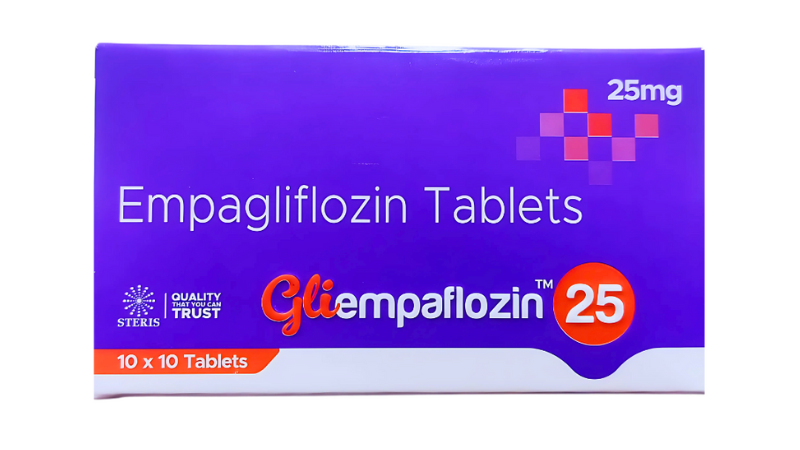
Best Empagliflozin 25 mg Brands In India By Steris Healthcare Pvt Ltd.

